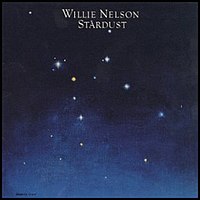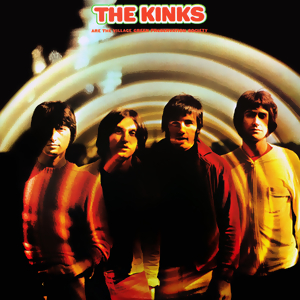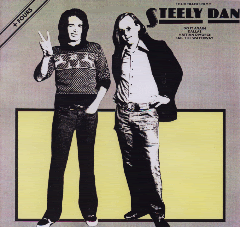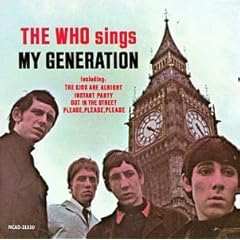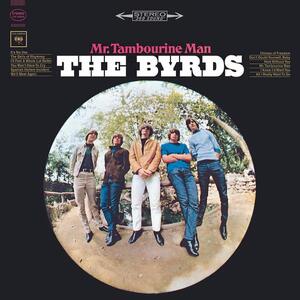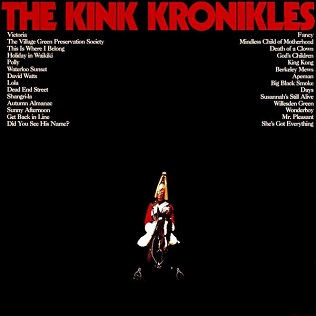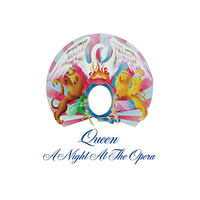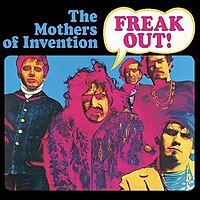 Band:
Band: The Mothers of Invention
Album: Freak Out!
Why Rolling Stone gets it right: Frank Zappa was a master at music and was able to regurgitate his years as a session musician in Los Angeles into a genre-bending record. He hit doowop, early rock, blues, jazz and straight up weirdness to make a classic album that influenced just about every musician who heard it.
Why Rolling Stone gets it wrong: I imagine this should be higher. As much as I love "Trout Mask Replica," it wasn't possible without "Freak Out!"
Best song: "Trouble Every Day" is a classic and the song everyone knows from this record.
Worst song: "Help, I'm a Rock" is a bit too much, even for me.
Is it awesome?: Absolutely.
One of my favorite quotes from Frank Zappa was something he said to a crowd during banter in the 1970s.
I have an important message to deliver to all the cute people all over the world: There's a lot more of us ugly motherfuckers that you. So, watch out.
This prompted a friend of mine to say "If Zappa wasn't so dead and ugly, I'd want to make love to him."
So true. So very true.
---
The best compliment I can give Zappa is this: If Frank Vincent Zappa didn't exist, we would have to invent him. Popular music needed Frank Zappa and popular music owes a great debt to him.
There are a lot of people who try to be quirky or weird just for the sake of doing it. The Mummies come to mind.The people who look for attention by effecting their love for elephants wearing hats or something. And there are people who are so weird, they cannot exist in any formal role. Don Van Vliet (aka Captain Beehfeart) was this.
And there are insane geniuses. Syd Barret or even Beefheart had their genius corrupted by mental illnesses. Perhaps the combination of genius and drugs did them in, but certainly, the emotional problems each had helped their art while destroying their minds.
Zappa was none of these things.He was weird, but hardly insane. He was a ridiculously intelligent man (more on this in a bit) and a shrewd businessman who never lost his vision. He could compose for the mainstream (“Over-Nite Sensation,” for example), he could attempt a Broadway musical (“Thing-Fish,” which never got funding) and he could go way out there (almost everything else he did).
He was not on the cusp of any political movement, but his political speech was always pointed and smart. His testimony at the (
our good friend Wikipedia has it here) PRMC hearings in 1987 is some of the best arguments for free speech Capitol Hill has ever seen. Not surprisingly, it was also funny.
Zappa's parents -- like so many of his generation -- were immigrants and his background in working class Baltimore affected his music. He was a tremendously hard workers; In his fewer than 30 years of recording, he released over 60 albums under his various recording titles. Since his death in 1993, 15 albums of his unreleased work have been released. Not compilation or greatest hits records. Nope. Just stuff he never released.
The genius of “Freak Out!” is in Zappa's roots. As a session musician in the early 1960s musical macinery that was Hollywood, he learned important lessons. First, the arranger/producer is kind in a lot of pop music. Similarly, his basis in classical music and his overly demanding personality meant he could get the best out of the best musicians. He never accepted a half ass player and he didn't allow for the usual drug and debauchery that the music world – especially the jazz and session players of the SoCal 60s scene – saw during this period.
To call "Freak Out!" experimental rock is like saying the South Pole is a little chilly. The record's penultimate tracks are mostly compositions of the Mothers singing odd little subversive phrases, while the closing track is largely an improvisation.
In an interview with David Fricke, Zappa said he thought the audience for "Freak Out!" was mostly "male, between the ages of sixteen and twenty, from Middle-class, Jewish suburban homes. We were saying something that those particular kids wanted to hear."
Speaking as someone who discovered Zappa as teenage Jewish male from the suburbs, he was right. There's something cerebral, yet lowbrow about Zappa's music (Over-Nite Sensation, for example) that celebrates the whole of the male experience. I've not met a ton of female Zappa fans, and that's fine. I'd rather Zappa be our music than other male-centric stuff like Limp Bizkit.
---
The album's highlight and the most enduring song from the record is "Trouble Every Day." Partially a blueprint for hard-driving 12 bar epic blues rock records (The Velvet's "Sister Ray" being an example), "Trouble Every Day" sees Zappa himself step out for the vocals. His lyrics are some of the smartest protest lyrics in music. We know protest music largely as songs like "Ohio," "War" and just about anything by Rage Against The Machine, but "Trouble Every Day" examines the race riots of the 1960s from several angles. The first verse blames the first person for watching the riots on TV, the second turns anger towards the police for abusing kids, the third attacking the press for its coverage, the end of the song addressing the cause of the problems: White racism towards black Americans. Of course, the clinching line is spoken, frankly, by Zappa when he says "Hey, you know something people? I'm not black. But there's a whole lots a times. I wish I could say I'm not white."
He devolves somewhat into gutter punk politics in the last verse, saying that the United States isn't free, though one can certainly argue that America wasn't free for black Americans in the 1960s. Nevertheless, it's an amazing track, some sort of combination of excellent protest music and the sort of thing that would've been on the Nuggets had it come out of San Francisco instead of Los Angeles.
(The most recent release of "Freak Out!" has Zappa's notes on the song as such:
Trouble Every Day is how I feel about racial unrest in general and the Watts situation in particular. It was written during the Watts riot as it developed/ I shopped it briefly all over Hollywood but no one would touch it. Everybody worries too much about not getting any air play. My, my.
Of course.)
---
For me, listening to "Freak Out!" is tremendously exciting. Nearly all the songs use incredibly familiar song styles and genres ("Hungry Freaks, Daddy," for example, also belongs on the Nuggets box), but with some kind of insane twist that challenges each form it uses. "Hungry Freaks, Daddy" has all the makings of a San Francisco freak out, but a jazz vibraphone doubles the rhythm changes, which is something Moby Grape would have never done. "Who Are The Brain Police?" similarly uses orchestrated brass in a way no other 60s band would've tried, especially not in 1966. I still can't put my finger on why "Go Cry on Somebody Else's Shoulder" isn't classical doowop. Maybe it is, it's just weird to have Zappa doing it. "Wowie Zowie" is famously the song kids loved from the album, but it's off-the-wall proclamations of love ("I don't even care if you shave your legs" being the one my father found particularly funny) are almost Yankovic-esque in their humor.
Clearly, in addition to being a master arranger and composer, Zappa was a funny man.
---
Zappa fans sometimes take umbrage at the notion that "Sgt. Pepper" is the first concept album, as "Freak Out!" is a concept album in a similar way. In fact,
McCartney himself has ceded that "Freak Out!" influenced "Sgt. Pepper" a great deal. The Suzy Creamcheese character makes appearances and Zappa himself has said that each song has a theme of America in the 1960s.
It's a hard sell, especially since Zappa so masterfully created rock operas later in his career ("Joe's Garage" being, probably, the best). Still, "Freak Out!" doesn't have light songs in any way. Like "
Trout Mask Replica," it's not always an easy listen (of course, it's easier listening than TMR is), but it's tremendously rewarding.
---
Like TMR, Matt Groening cites it as one of his favorite albums. If it's good enough for Matt Groening, it's good enough for you. And me.




